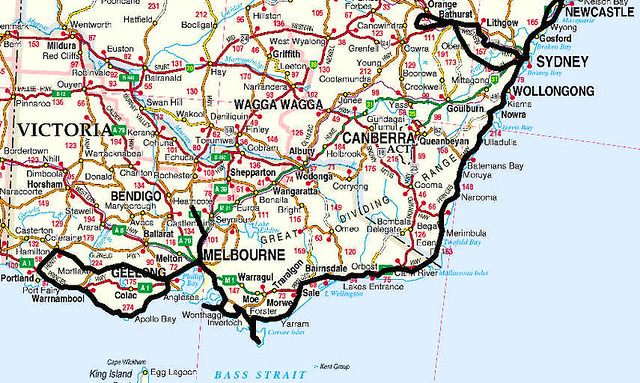Today's
Atlanta Journal-Constitution has an
interview with historian Stephen Prothero concerning his forthcoming book,
Religious Literacy: What Every American Needs To Know--And Doesn't.
"Americans are both deeply religious and profoundly ignorant of religion," Stephen Prothero writes in his new book, "Religious Literacy."
Prothero, chairman of the religion department at Boston University, notes that about 85 percent of Americans say they are Christian, and about one-third claim to be biblical literalists. Yet, in survey after survey, many people can't name the four Gospels, or don't know who delivered the Sermon on the Mount. He quotes an evangelical Christian who calls the Bible "The Greatest Story Never Read."
Prothero wrote "Religious Literacy" (HarperSanFrancisco, $24.95), which comes out Tuesday. It's partly a history of religious instruction in the United States and partly an argument toward teaching religion and the Bible in public schools as a standard academic course. At the end, he includes a Dictionary of Religious Literacy (with a nod to E.D. Hirsch's The Dictionary of Cultural Literacy —- about 150 key names and concepts from major world religions, from Abraham to Zionism, that he believes everyone ought to know.
This, coupled with a recent posting o
n Southern Pasts, got me thinking today about a couple of new high school courses that were approved last year by the Georgia General Assembly: History and Literature of the Old/New Testament. Such a course might address the problem Prothero addresses in his book, but this new law in Georgia concerns me.
Last year, in the 2006 legislative session, several Democrats introduced a bill to allow the state to fund high school elective courses on the Bible. (School districts could already teach these classes; the bill would provide state funding.) The bill called for the use of a textboo
k, The Bible and Its Influence, a book published by the Bible Literacy Project under the oversight of several dozen scholars and well received by many religious leaders, both Jewish and Christian.
Charles Haynes described what happened in the neighboring states of Alabama and Georgia when similar bible electives were introduced in the state legislatures:
Beyond the fact that they were put forward by Democrats, why did Republicans in Alabama and Georgia reject the original Bible bills? It turns out that the dispute is about much more than partisan jockeying over which party is on God's side. It's really about how public schools should teach about the Bible.
The Democrats in both states had no sooner proposed their bills when supporters of an alternative approach from a group called the National Council on Bible Curriculum in Public Schools mobilized to defeat it with a political two-step: First, discredit the textbook in the Democratic bill. Then get Republicans to endorse an alternative approach that just happens to reflect the National Council's own curriculum.
National Council advisory board member (and prominent evangelical minister) D. James Kennedy labeled the textbook "anti-biblical" and claimed it was supported by the American Civil Liberties Union and the Council on Islamic Education. In reality, The Bible and Its Influence has been praised by many Jewish, Catholic and Protestant leaders — including evangelicals such as Chuck Colson. Neither the ACLU nor CIE has endorsed it. But the smear campaign worked.
What many religious leaders and scholars like about The Bible and Its Influence is that it puts the Bible in historical context, exposes students to how Jews and Christians understand the Bible in various ways, and illustrates how the Bible has shaped history, literature and the arts. Contrary to the National Council's claim, students using the textbook are required to read the Bible itself. But both teachers and students are given sound scholarship and historical context for studying it.
By contrast, the National Council's curriculum doesn't have a student textbook (the Bible, they say, is the textbook), but provides a lengthy workbook for teachers that, in places, treats the Bible like a history book. Most of the secondary sources recommended for classroom use are from an evangelical Christian perspective.
The "Performance Standards" issued by the Georgia Dept. of Education for these courses can be seen
here (.pdf) or
here (html).
This website discusses problems in similar classes.
I'm all for increasing cultural literacy, including religious/biblical literacy. But given the above, I'll admit I'm a little worried about how these new courses will play out. I'll be happy to hear what others think.











